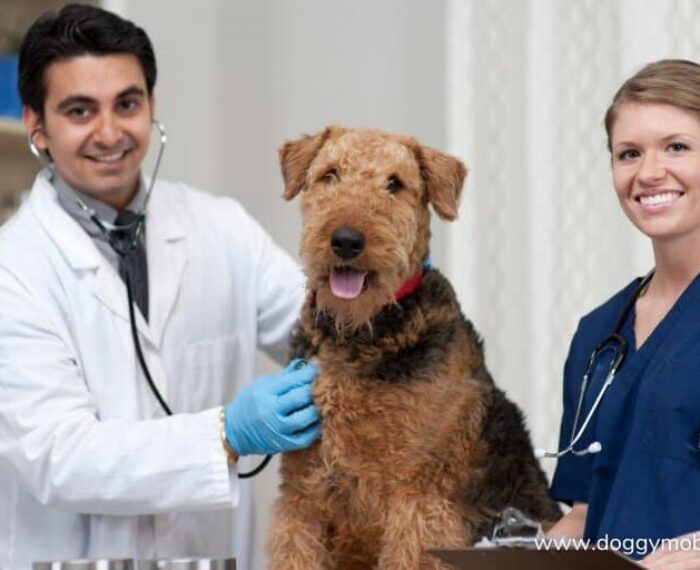The typical pet owner has a “cookie-cutter” diet, which means they eat the same thing as everyone else. Because each breed is unique, this frequently leads to unwelcome health difficulties and other major concerns.
So, what are your options now? Is it possible to customize the food your pet eats? Here’s a step-by-step breakdown of how to create a custom diet for your pet.
— Medical conditions
Diabetes, kidney disease, heart disease, and even high blood pressure are among disorders that can affect doggies and cats. Diabetes develops in pets as a result of issues with insulin synthesis, a hormone required for glucose assimilation by the body’s cells. Low-glycemic diets with a lower proportion of carbohydrates and a larger amount of lipids are required for such pets. A diet low in protein and high in water is usually optimal for cats and doggies with kidney problems. Supplementing with fish oil can also aid pets with kidney illness, heart disease, and cancer.
— Weight problems
Doggies, like people, battle with weight issues. Although they may not express it, being overweight puts them at risk for ailments including high blood pressure, heart disease, kidney disease, and diabetes. As a result, some dietary adjustments must be made in order to maintain a pet’s weight and keep it within the appropriate range.
The first nutritional change that should be made in the event of an overweight pet is to minimize the amount of food consumed and adhere to mealtime schedules. After that, the diet should be tweaked to have lower fat ratios of 7 to 10%. This, in combination with exercise, will assist your pet in losing weight and regaining an ideal body mass, minimizing its chance of contracting various disorders.
— Allergies
While food intolerance in pets is uncommon, some cats and doggies may have food allergies. The majority of the time, these foods are grains or proteins of a specific type. Gluten, for example, is a common source of pet allergies. Because allergies in pets can be fatal, and precisely identifying allergens is difficult, you should take your pet to a competent veterinarian or pet dietitian who can advise you on which foods to avoid feeding your pet and which to replace them with.
Types of Special Diets for Doggies
— Sensitive Stomach
For the most part, doggies do not have sensitive stomachs. The only reason your doggy’s excrement is runny is if he’s sensitive to or allergic to one of the ingredients in his food. This could be a specific grain or a type of protein. It’s great if you take your doggy to the vet for a checkup so he can tell you which substances you should avoid in your doggy’s food.
— Sensitive Skin
Is your doggy scratching, licking, or biting his skin excessively? If so, he may have skin allergies, necessitating a particular doggy food. Ingredients in foods for doggies with sensitive skin are limited. The most prevalent dietary allergies for mutts are likewise avoided in these diets.
— Kidney Complications
Regular doggy diets are difficult for doggys with kidney problems to eat. If that’s your doggy, you should definitely seek advice from a veterinarian.
Your veterinarian will most likely recommend a certain doggy food for your pet, and you should follow his advice. These unique foods are typically lower in protein and higher in water.
Conclusion
When creating a specialized diet for your pet, it’s critical to know what the breed requires and how much is sufficient. As you try to figure things out and find the “sweet spot” between keeping your pet happy and healthy, this information is crucial.
Begin by following the advice given here, and you’ll notice a considerable improvement in your doggy’s dietary consumption.


